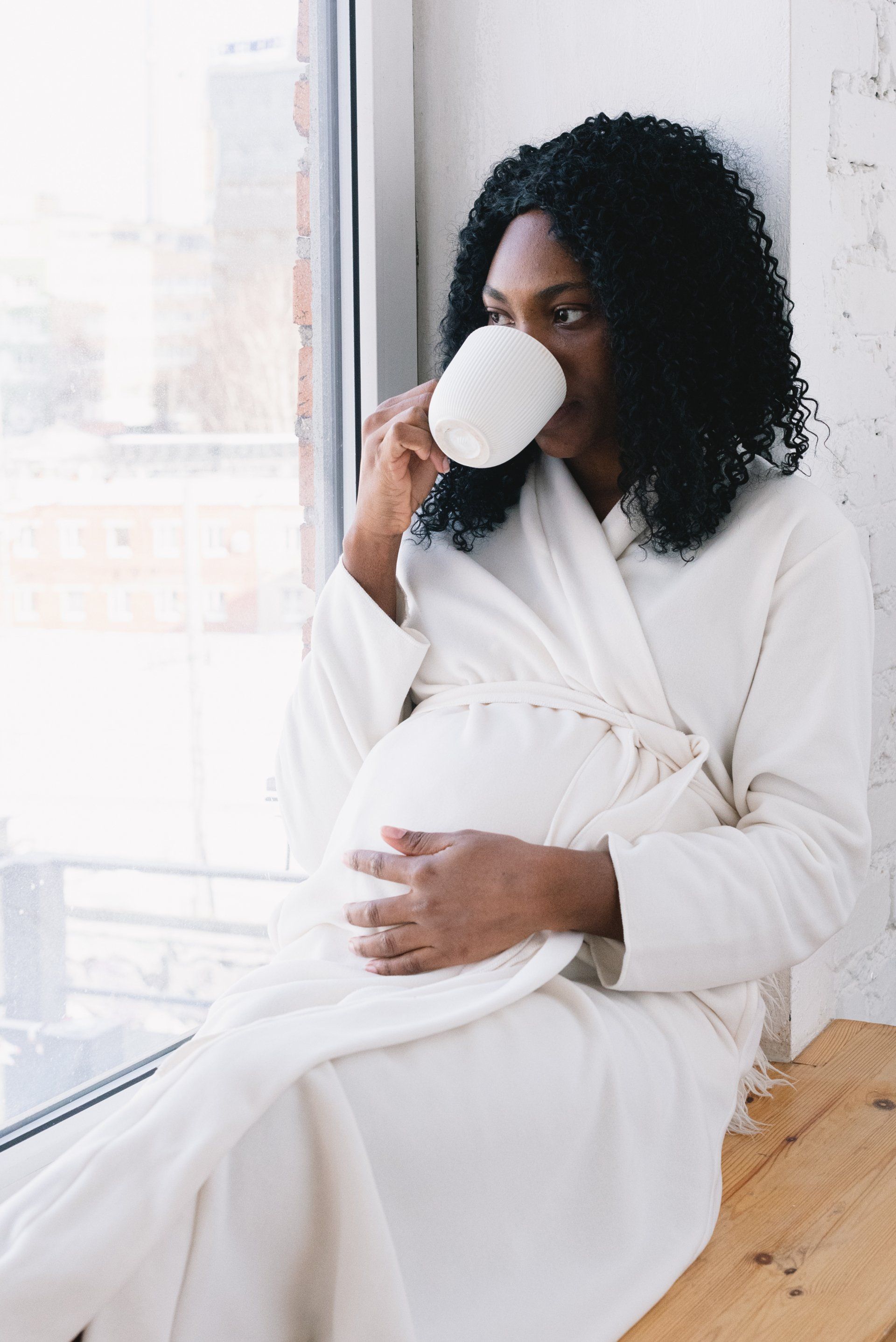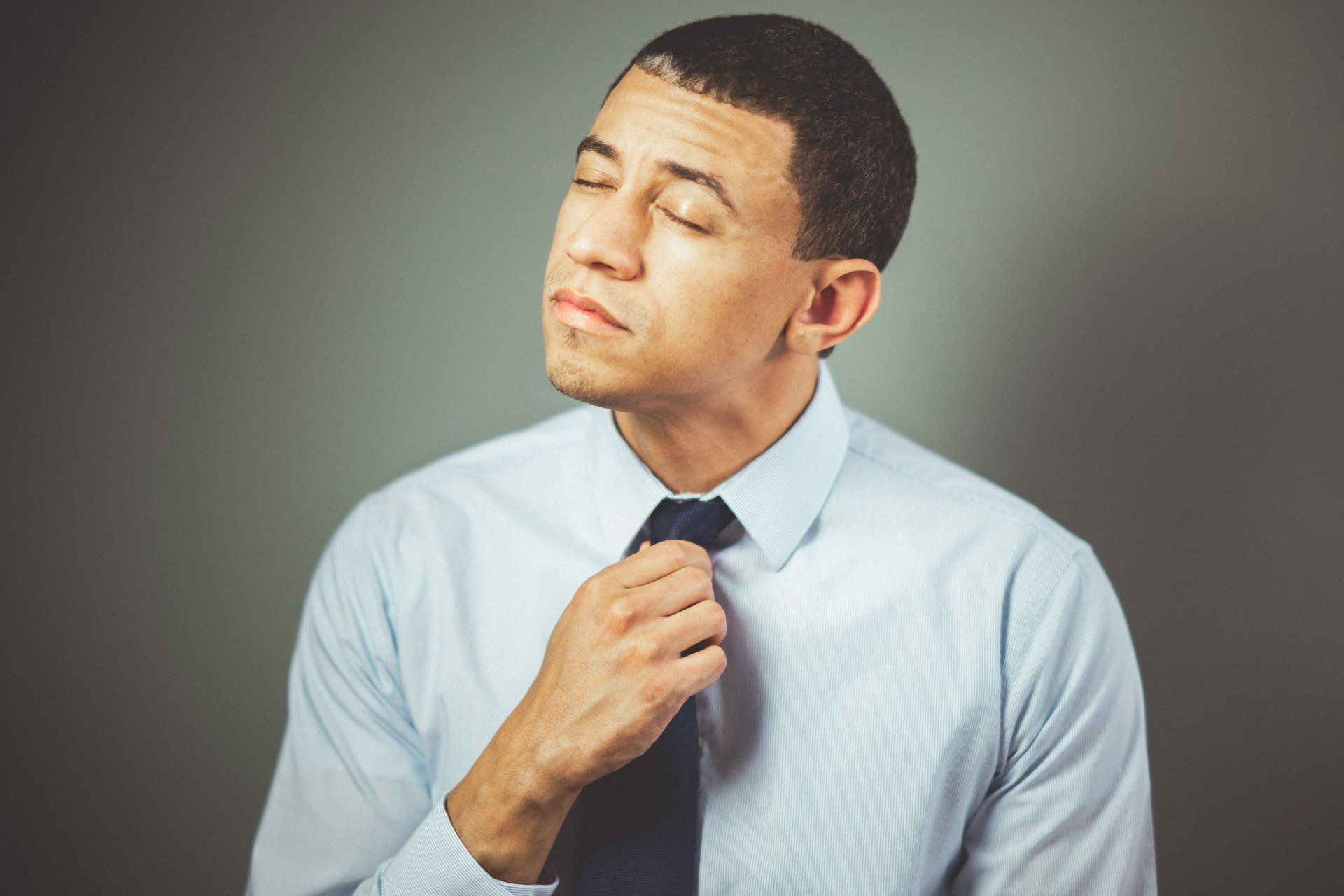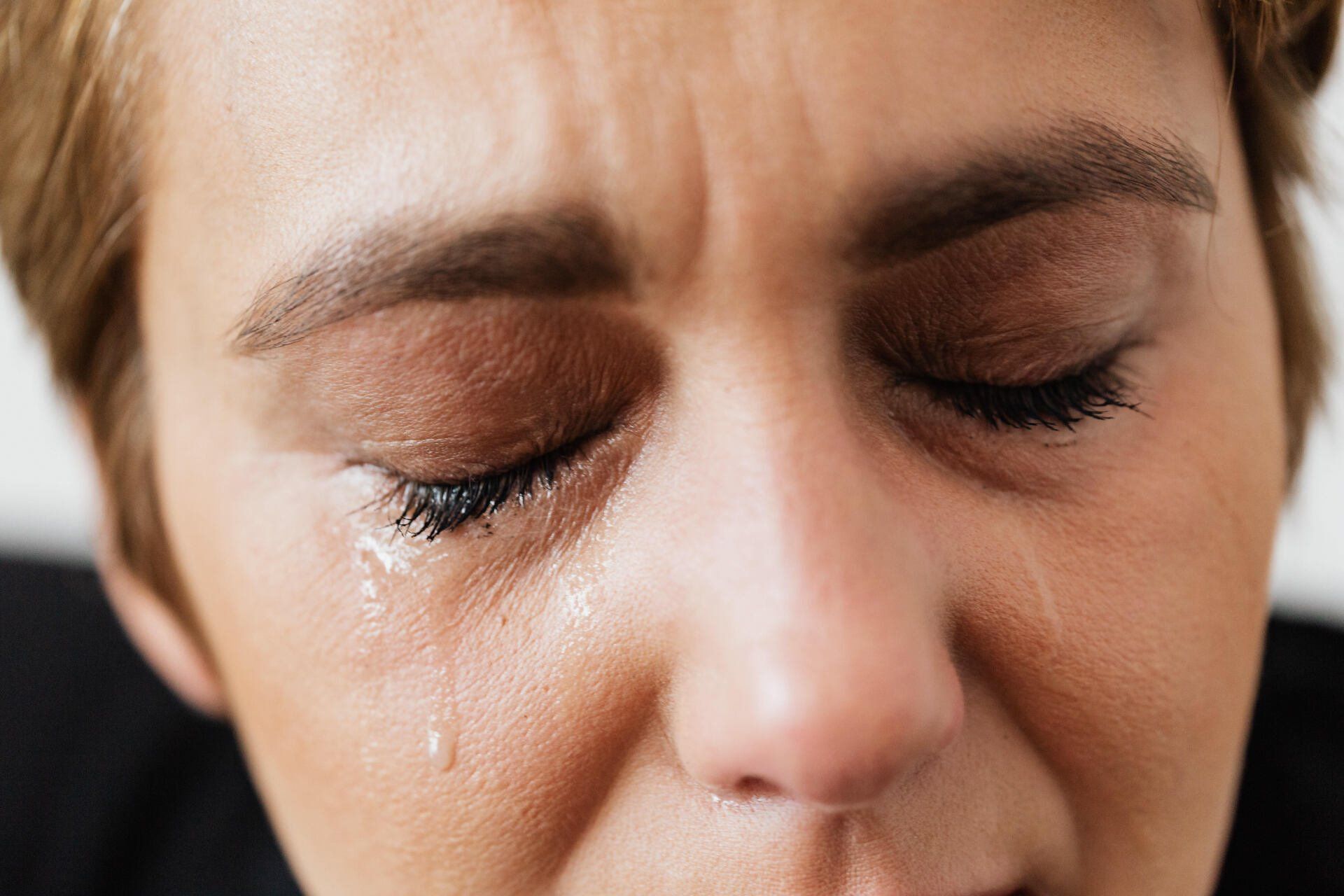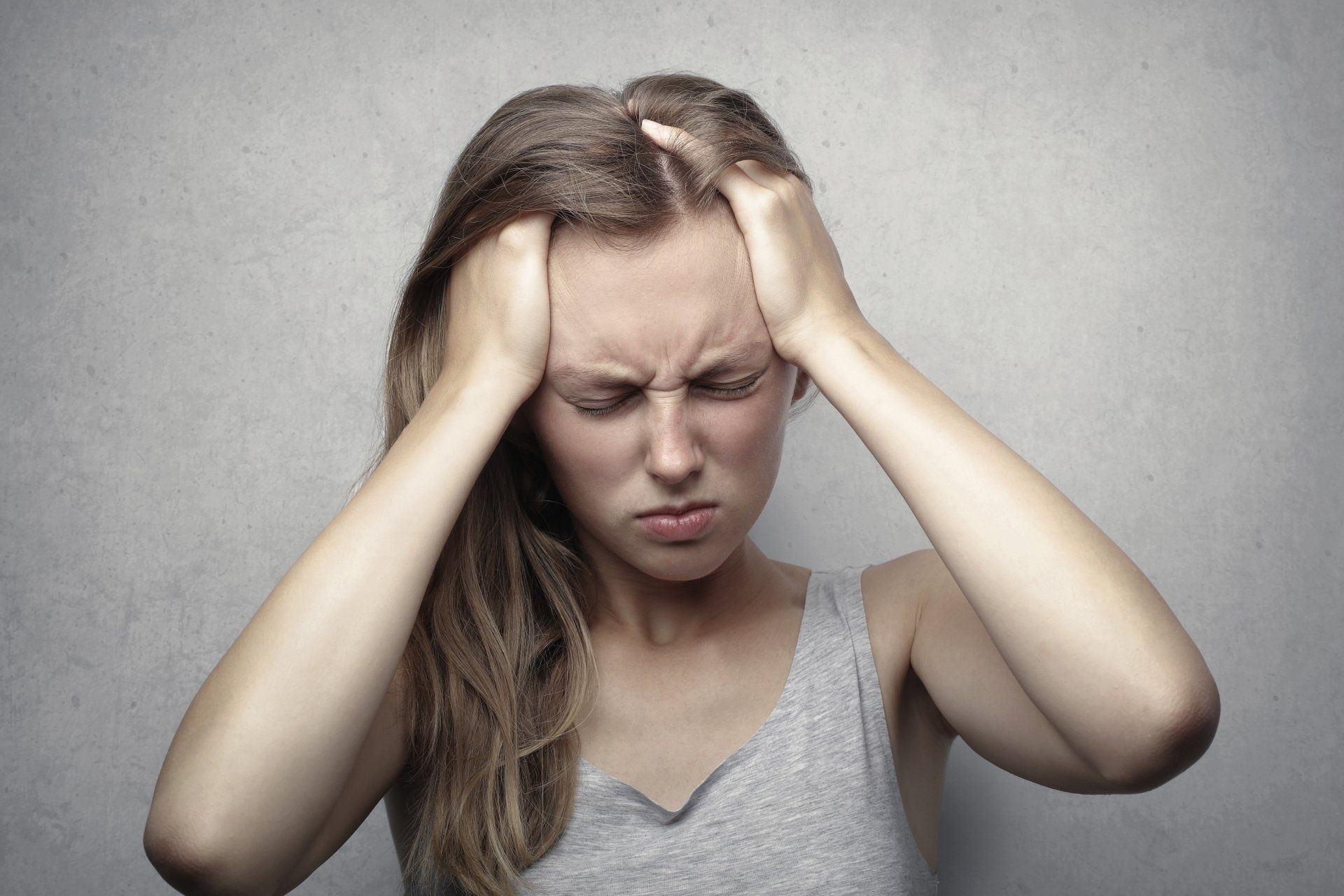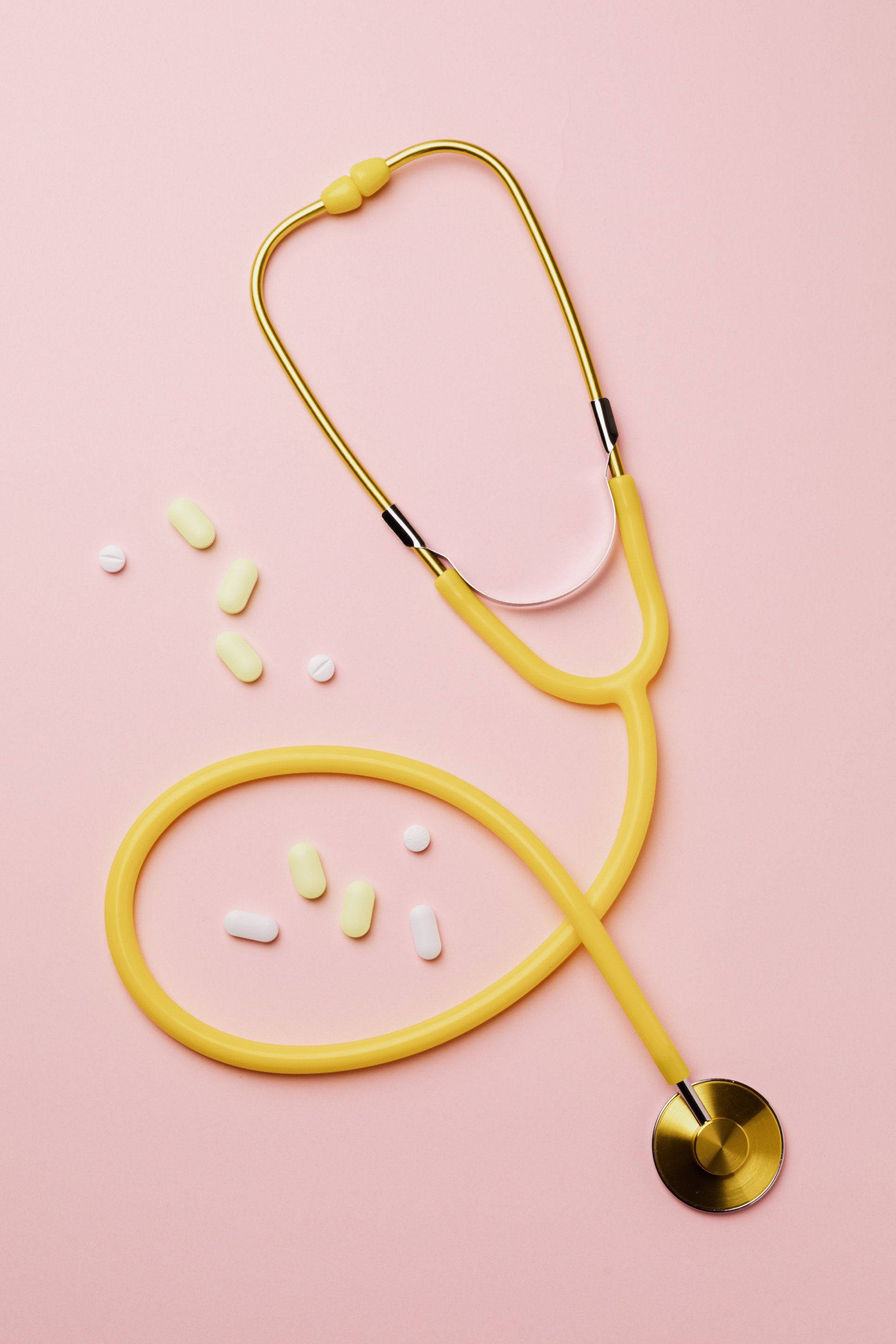A selection of research
There are more studies than we can sensibly list here that justify their inclusion - so what we have done is try to present a balanced view for anyone new to evaluating the subject of placebos or the ‘placebo effect’.
When looking at the scientific evidence there are some important factors that should be taken into account: who has undertaken the research and who the sponsors are (i.e. who benefits from the findings) and under what conditions were the trials undertaken, were recognised procedures used? Who has published the findings, was the size of the research sample large enough to be of statistical significance? Do the published statistical results stand up to scrutiny?

